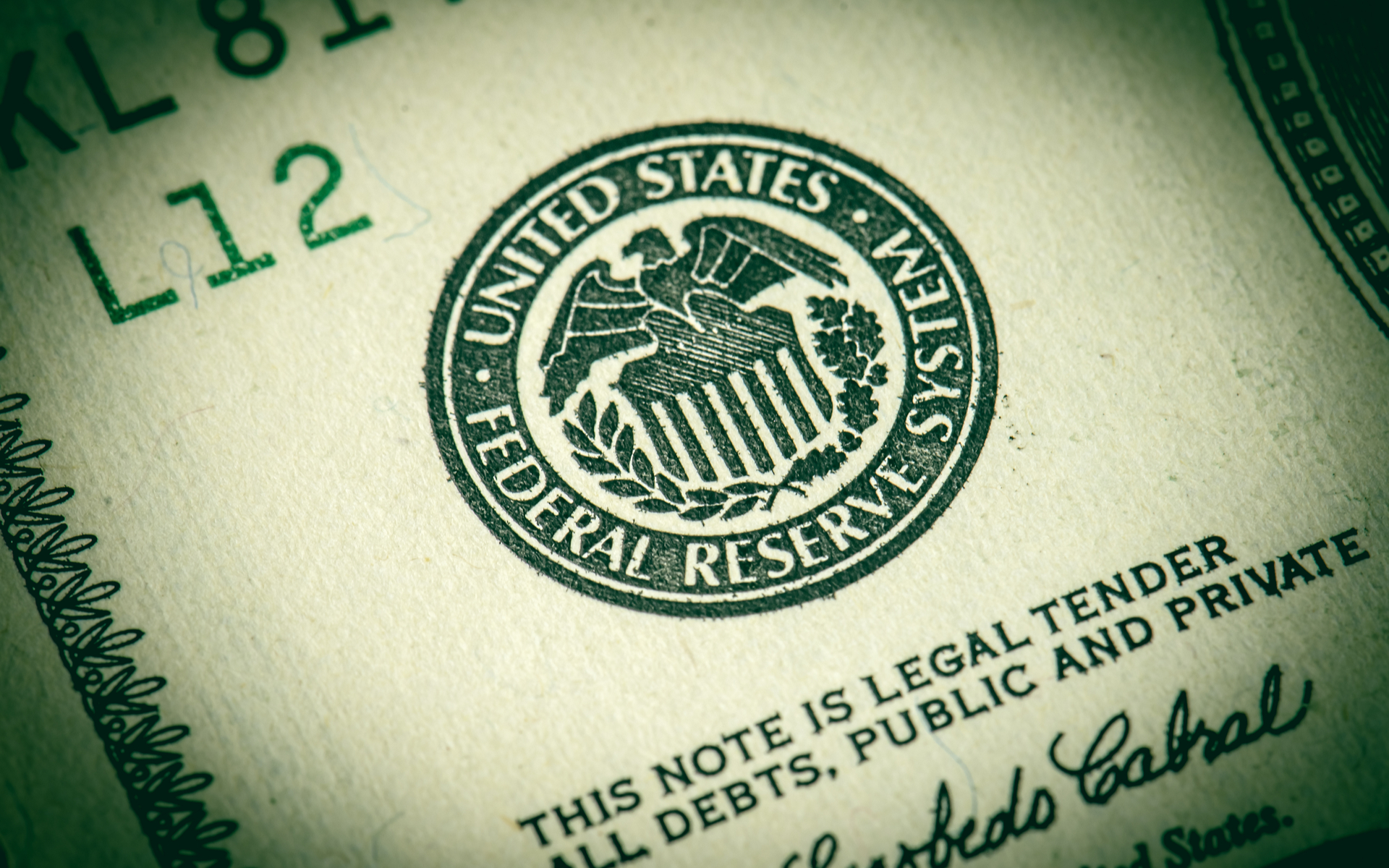PALO ALTO, Calif. (Reuters) - The Federal Reserve is taking a look at a broad range of issues around digital payments and currencies, consisting of policy, design and legal considerations around potentially releasing its own digital currency, Guv Lael Brainard said on Wednesday. Brainard's remarks suggest more openness to the buy fedcoin possibility of a Fed-issued digital coin than in the past." By changing payments, digitalization has the prospective to deliver higher value and convenience at lower cost," Brainard stated at a conference on payments at the Stanford Graduate School of Service.
Reserve banks worldwide are discussing how to handle digital financing technology and the distributed ledger systems used by bitcoin, which promises near-instantaneous payment at potentially low cost. The Fed is developing its own day-and-night real-time payments and settlement service and is presently reviewing 200 remark letters submitted late in 2015 about the proposed service's design and scope, Brainard said.
Less than two years ago Brainard told a conference in San Francisco that there is "no engaging demonstrated need" for such a coin. But that was prior to the scope of Facebook's digital currency aspirations were extensively known. Fed officials, consisting of Brainard, have raised concerns about customer securities and data and personal privacy hazards that could be presented by a currency that could enter usage by the third of the world's population that have Facebook accounts.
" We are working together with other reserve banks as we advance our understanding of central bank digital currencies," she stated. With more countries checking out providing their own digital currencies, Brainard said, that contributes to "a set of reasons to also be making sure that we are that frontier of both research and policy development." In the United States, Brainard said, problems that require research study include whether a digital currency would make the payments system safer or simpler, and whether it could pose financial stability dangers, consisting of the possibility of bank runs if money can be turned "with a single swipe" into the reserve bank's digital currency.
To counter the financial damage from America's unprecedented nationwide lockdown, the Federal Reserve has actually taken extraordinary steps, consisting Click here for info of flooding the economy with dollars how to buy fedcoin and investing straight in the economy. The majority of these relocations got grudging approval even from lots of Fed doubters, as they saw this stimulus as needed and something just the Fed could do.
My new CEI report, "Government-Run Payment Systems Are Unsafe at Any Speed: The Case Versus Fedcoin and FedNow," details the risks of the Fed's present strategies for its FedNow real-time payment system, and proposals for central bank-issued cryptocurrency that have been called Fedcoin or the "digital dollar." In my report, I go over concerns about personal privacy, information security, currency control, and crowding out private-sector competition and development.
Proponents of FedNow and Fedcoin say the government needs to create a system for payments to deposit immediately, instead of encourage such systems in the economic sector by raising regulatory barriers. But as kept in mind in the paper, the personal sector is supplying a seemingly limitless supply of payment innovations and digital currencies to solve the problemto the extent it is a problemof the time gap between when a payment is sent and when it is received in a checking account.

And the examples of private-sector innovation in this location are many. The Cleaning House, a bank-held cooperative that has actually been routing interbank payments in different types for more than 150 years, has actually been clearing real-time payments given that 2017. By the end of 2018 it was covering 50 percent of the deposit base in the U.S.